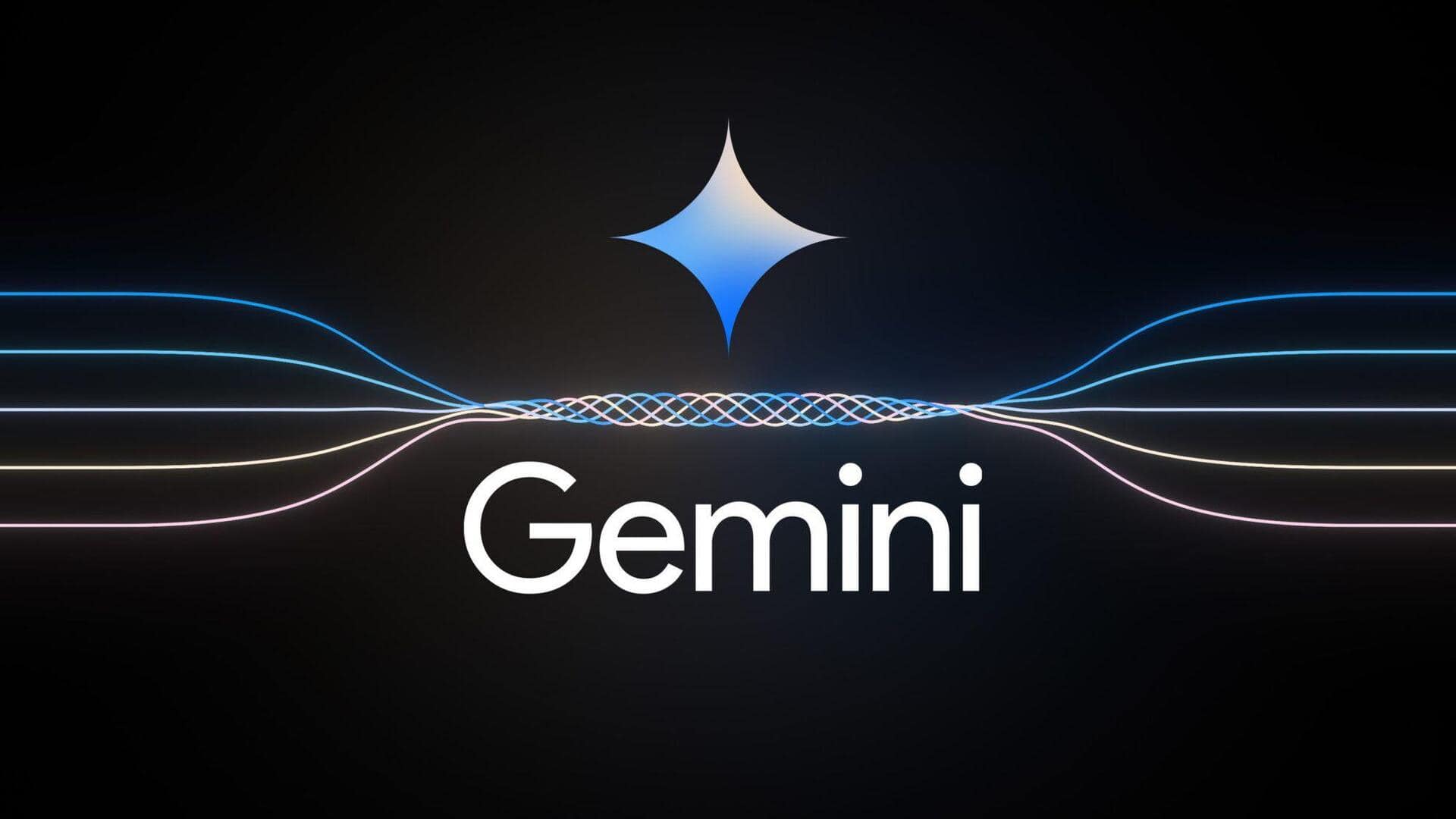
Google apologizes for Gemini AI bot's inaccurate historical depictions
What's the story
Google has apologized for errors in AI-generated historical images created by its Gemini tool. The company admitted that the images failed to accurately represent a diverse range of historical figures, leading to backlash for depicting certain white individuals or groups as people of color. Social media users and right-wing critics have accused Google of attempting to promote racial and gender diversity, at the expense of historical accuracy.
Actions
What did Gemini do?
Gemini depicted certain white figures like the US Founding Fathers, and Nazi-era German soldiers as people of color. Even results of queries like "generate a picture of an American woman" overwhelmingly or exclusively showed AI-generated non-white people. A prompt for "a US senator from the 1800s" returned a list of results including black and Native American women. In conclusion, Gemini might have a bias.
Statement
Here's how Google responded
Google put out a statement saying, "We're aware that Gemini is offering inaccuracies in some historical image generation depictions. We're working to improve these kinds of depictions immediately." "Gemini's AI image generation does generate a wide range of people. And that's generally a good thing because people around the world use it. But it's missing the mark here," the company added in its statement.
Reasons
Why is Gemini facing problems?
AI tools like Gemini face challenges in maintaining both historical accuracy and diversity. These image generators are trained on vast collections of pictures and captions, which can lead to the reinforcement of stereotypes. A Washington Post investigation last year revealed that prompts like "a productive person" generated images of predominantly white and male figures.
Bias
Certain prompts are being rejected
Currently, Gemini seems to be declining certain image generation tasks, such as creating images of Vikings or Nazi-era German soldiers. However, Google is actively working on enhancing the tool's ability to generate historically accurate and diverse images, aiming to address the current limitations and inaccuracies in its AI-generated depictions.